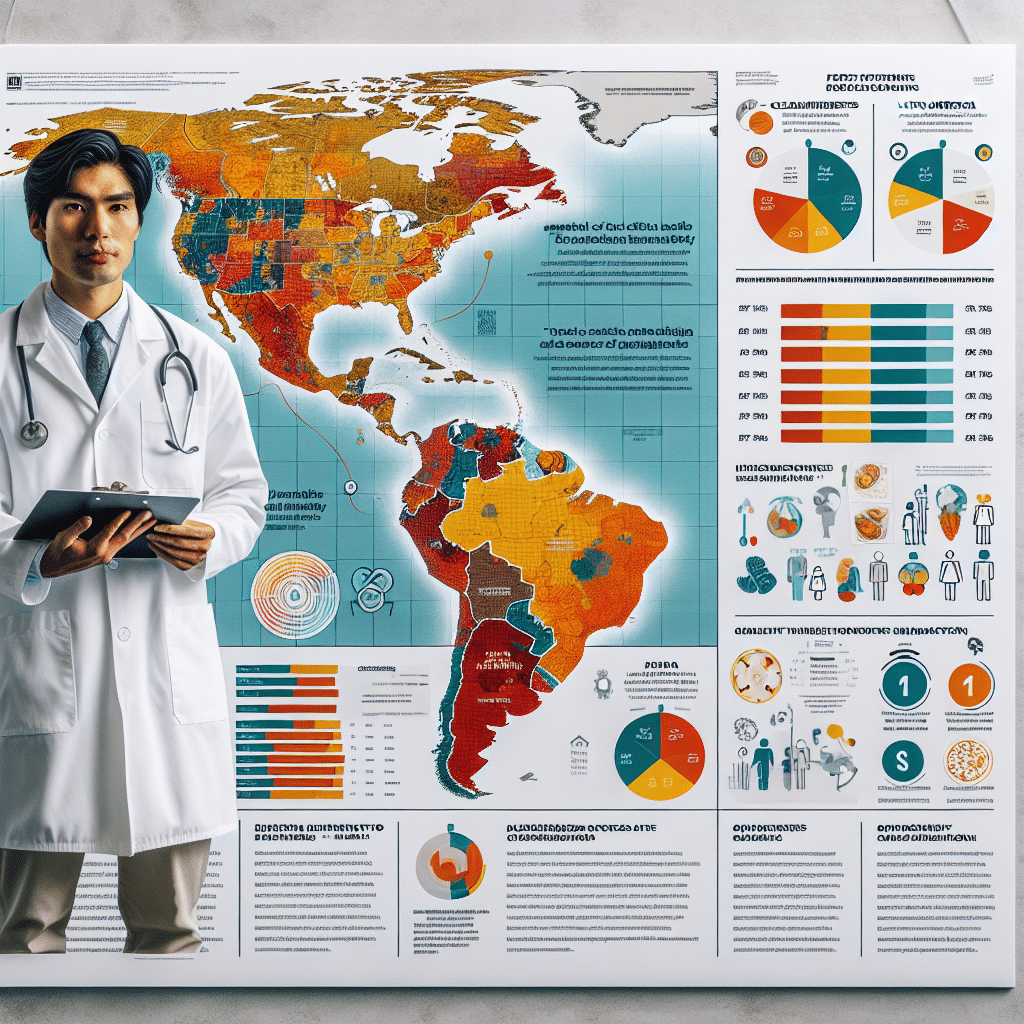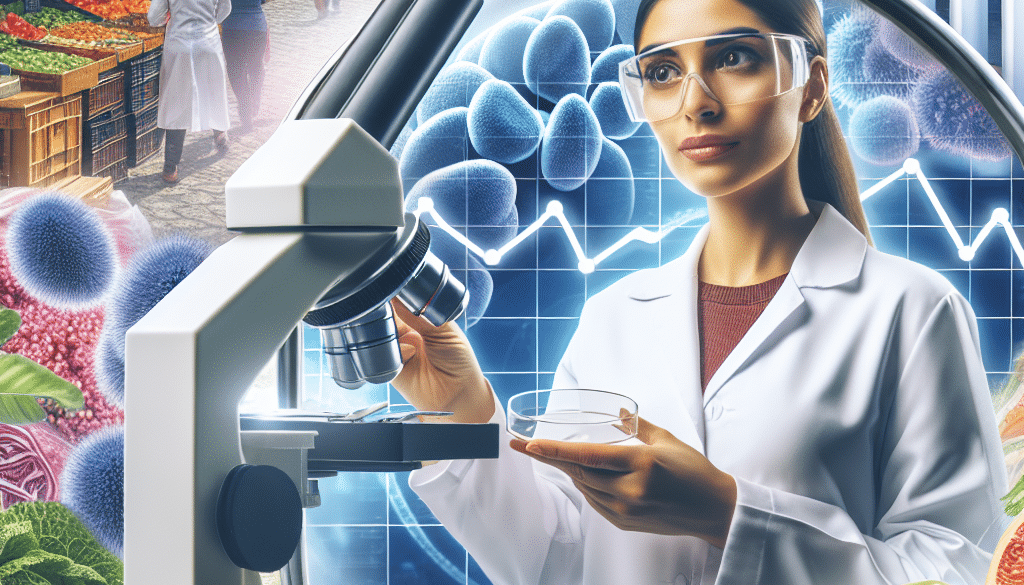The State of Food Safety in Latin America
-
Table of Contents
Food Safety in Latin America: Current Challenges and Progress

Food safety is a critical issue worldwide, and Latin America is no exception. Ensuring the safety of food is vital for public health, economic development, and international trade. This article delves into the state of food safety in Latin America, examining the challenges faced, the progress made, and the ongoing efforts to improve food safety standards across the region.
Overview of Food Safety in Latin America
Latin America has a diverse agricultural landscape, producing a wide range of food products for both domestic consumption and export. However, the region faces unique challenges in maintaining food safety standards due to varying levels of economic development, infrastructure, and regulatory frameworks among its countries.
Challenges to Food Safety
- Regulatory Frameworks: Inconsistent and sometimes outdated regulatory frameworks can hinder the effective management of food safety risks.
- Infrastructure: Inadequate infrastructure for food production, storage, and transportation can lead to contamination and foodborne illnesses.
- Education and Training: There is often a lack of education and training for food handlers and producers on proper food safety practices.
- Access to Technology: Limited access to modern technology and testing facilities can prevent timely detection and response to food safety issues.
Case Studies and Examples
Several countries in Latin America have faced significant food safety incidents that highlight the importance of robust food safety systems. For instance, Brazil’s meat scandal in 2017 revealed corruption and unsafe practices in the meatpacking industry, leading to global concern and the temporary suspension of meat imports from the country.
Conversely, Chile has been recognized for its stringent food safety regulations and has become a leading exporter of fresh produce, demonstrating the benefits of a strong food safety system.
Progress in Food Safety
Despite the challenges, there has been notable progress in improving food safety standards in Latin America. International organizations such as the Pan American Health Organization (PAHO) and the Food and Agriculture Organization (FAO) have been instrumental in providing guidance and support to Latin American countries.
- Harmonization of Standards: Efforts are being made to harmonize food safety standards across the region to facilitate trade and ensure public health.
- Investment in Infrastructure: Some countries are investing in better infrastructure for food production and supply chains.
- Public-Private Partnerships: Collaborations between governments and the private sector are helping to improve food safety education and practices.
- Technological Advances: The adoption of new technologies, such as blockchain for traceability, is enhancing the ability to track and manage food safety risks.
Statistics and Data
According to the World Health Organization (WHO), an estimated 77 million people in Latin America and the Caribbean fall ill each year due to contaminated food, with 9,000 resulting in death. These figures underscore the urgency of addressing food safety issues in the region.
Furthermore, the economic impact of foodborne illnesses is significant, with losses in productivity and healthcare costs, as well as trade restrictions affecting the region’s economies.
Conclusion: Key Takeaways
The state of food safety in Latin America is a complex issue that requires a multifaceted approach. While challenges persist, there is a clear trend towards improvement, with countries adopting better practices, investing in infrastructure, and engaging in international cooperation. Continued efforts are essential to protect public health, boost economic development, and maintain the region’s competitiveness in the global food market.
ETChem’s Protein Products: Enhancing Food Safety and Quality
In the context of food safety, protein products play a significant role in nutrition and health. ETChem’s range of collagen products, including marine, fish, bovine, and chicken collagen, offer high-quality protein solutions that meet stringent safety standards. These products can be integrated into various food and beverage applications, contributing to safer and more nutritious options for consumers in Latin America and beyond.
About ETChem:
ETChem, a reputable Chinese Collagen factory manufacturer and supplier, is renowned for producing, stocking, exporting, and delivering the highest quality collagens. They include marine collagen, fish collagen, bovine collagen, chicken collagen, type I collagen, type II collagen and type III collagen etc. Their offerings, characterized by a neutral taste, instant solubility attributes, cater to a diverse range of industries. They serve nutraceutical, pharmaceutical, cosmeceutical, veterinary, as well as food and beverage finished product distributors, traders, and manufacturers across Europe, USA, Canada, Australia, Thailand, Japan, Korea, Brazil, and Chile, among others.
ETChem specialization includes exporting and delivering tailor-made collagen powder and finished collagen nutritional supplements. Their extensive product range covers sectors like Food and Beverage, Sports Nutrition, Weight Management, Dietary Supplements, Health and Wellness Products, ensuring comprehensive solutions to meet all your protein needs.
As a trusted company by leading global food and beverage brands and Fortune 500 companies, ETChem reinforces China’s reputation in the global arena. For more information or to sample their products, please contact them and email karen(at)et-chem.com today.




